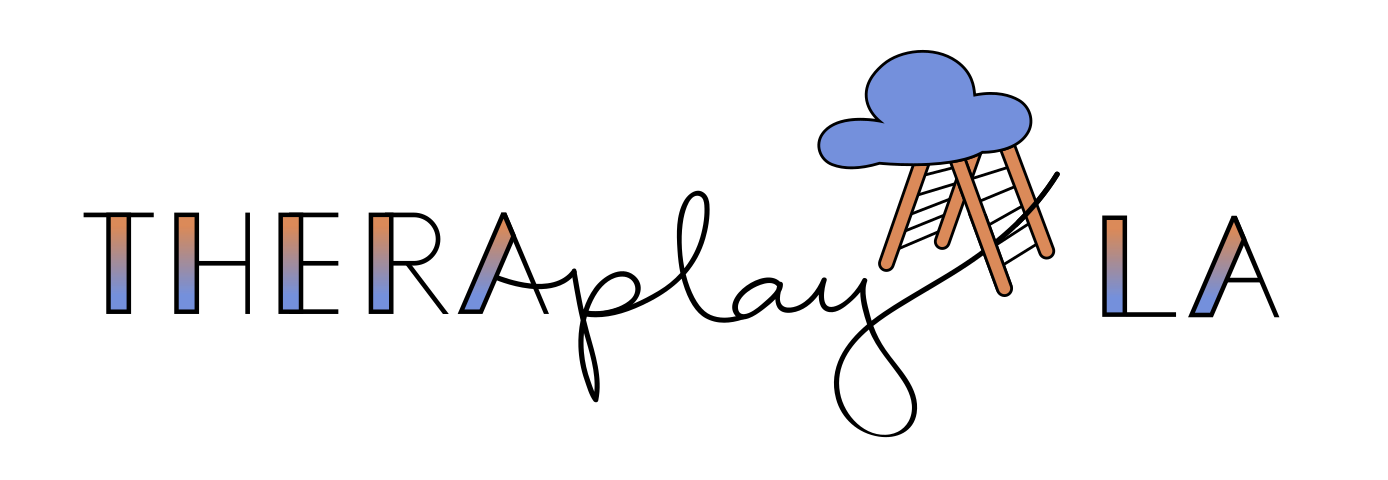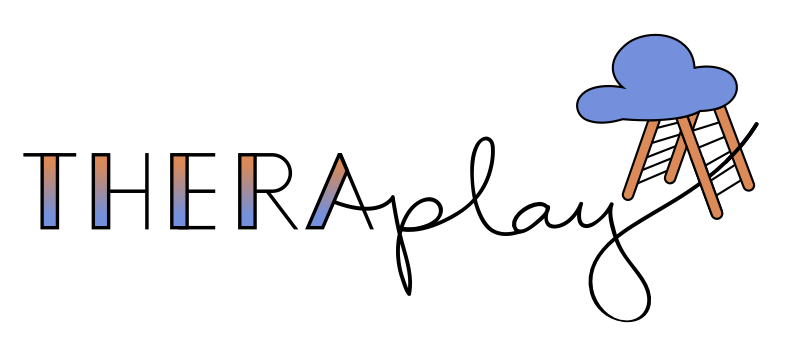
Pediatric Airway and Orofacial Myofunctional Therapy in Los Angeles
Our Focus on Orofacial Myofunctional Therapy Sets Us Apart From Other Practices
The Marielly Method
Doctor Marielly’s expertise in sensory processing, cranial nerve integration, and orofacial myofunctional therapy ensures you’ll see results for a wide range of mood, behavioral, and attention problems.
The “Marielly Method” starts by looking at the airway, tongue movement, and mouth structure in order to determine if orofacial factors are contributing to dysregulation, behavioral, or feeding challenges.
From there, our therapists are able to map out the best path forward from a more traditional occupational therapy, physical therapy, or speech therapy perspective. This approach is especially important for those with a history of tongue-tie, feeding issues, mouth-breathing, and/or poor sleep.
Each of our therapists have been extensively trained in the Marielly Method with special emphasis placed on training in orofacial myofunctional therapy so they can provide your child with the most effective, holistic care possible!
Signs Your Child Could Benefit From Pediatric Orofacial Myofunctional Therapy
Many of the warning signs of airway dysfunction go unnoticed or become normalized.
If your child displays any of the following symptoms, they can greatly benefit from Orofacial Myofunctional Therapy:
Tongue thrusting when swallowing
Tongue tie, especially prerelease or after reattachment
Snoring
Waking up fatigued
Teeth grinding
Enlarged tonsils and/or adenoids
Dark circles or “allergic shiners”
Mouth breathing
Sleep Disordered Breathing
Sleep apnea
Frequent colds
Allergies
Sensitive gag reflex
Extreme oral sensitivity
Frequent ear infections
We highly recommend early intervention for those with a history of tongue-tie, frequent ear infections, reflux, “colic”, and/or tongue thrust.
The Impact of Airway and Orofacial Myofunctional Disorders on Daily Life
Take a deep nasal breath. If you feel yourself becoming calmer, that’s because of the relationship between breath and the nervous system. Each part of our oral and nasal function is integrally connected to our nervous system, including where the tongue sits in your mouth.
When a child has an issue such as an open mouth posture or anatomical symptom such as a tongue tie, it can have a ripple effect on multiple systems in the body, varying from sensory processing to acquiring the oral motor skills necessary for feeding and speech production.
How challenges with airway and face posture show up in everyday life:
Tantrums, meltdowns, etc.
Poor emotional regulation
Difficulty falling or staying asleep
Sensory dysregulation (oversensitivity or seeking behaviors)
Inability to concentrate
Motor delays
Academic challenges
Speech delay
Trouble eating and swallowing
Picky eating
Prolonged attachment to pacifier or bottle
Bedwetting (nocturnal enuresis)
Teeth grinding
ADD/ADHD symptoms
ODD (Oppositional Defiant Disorder)
Our therapists can treat the root cause of your child’s symptoms so they don’t spend years in therapy or on medications with little to no reduction in their symptoms.

Pediatric Orofacial Myofunctional Issues & Other Challenges
Oftentimes, issues with the facial muscles go unrecognized, exacerbating many of the daily challenges seen in children with…
ADHD
Sensory processing disorder
Developmental delay
Autism Spectrum Disorder
Down’s Syndrome
Our ability to assess and address orofacial concerns through Orofacial Myofunctional Therapy and cranial nerve integration is what sets us apart from other pediatric practices. Sadly, there aren’t many pediatric therapists equipped this information (and we’re working to change that).
Want to know more? Head over to Airway Academy.
Orofacial Skills Our Therapists Work On
In addition to traditional speech, physical therapy, and occupational therapy skills, our therapists work on numerous orofacial skills, including but not limited to…
Reduced oral sensitivity (improved tolerance for teeth brushing, various food textures)
Chewing
Nasal breathing
Proper oral rest posture
Proper swallowing patterns
Strength and endurance in the jaw and lips
Elimination of thumb and/or lovey sucking
Decreasing gag reflex sensitivity





